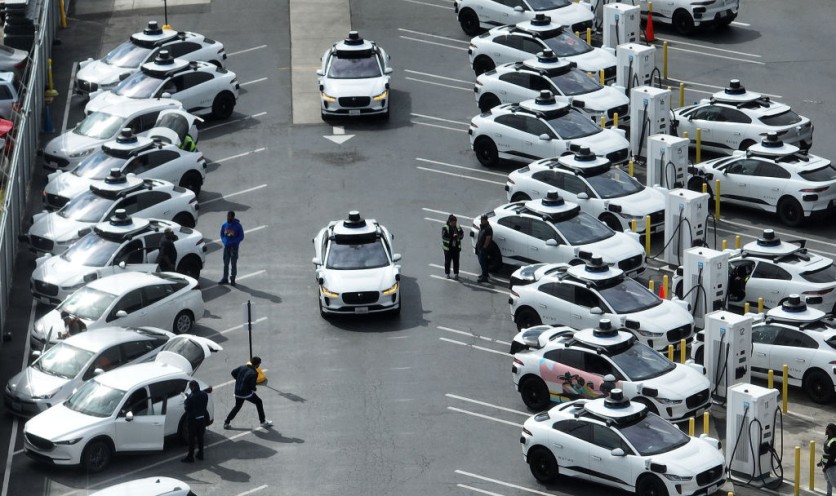In a strategic move that appears to be aimed at shaping public opinion, autonomous vehicle companies Cruise and Waymo have launched campaigns highlighting human driving incompetence while emphasizing the crucial role of their technologies in enhancing road safety.
According to TechCrunch, these efforts come as California regulators have once again delayed the granting of expanded permits that would allow Cruise and Waymo to offer fully driverless robotaxi rides without human intervention in San Francisco throughout the day.

'Humans Are Terrible Drivers,' Cruise Says
These moves have sparked criticism from residents, safe streets advocates, and city agencies, including the San Francisco Municipal Transportation Authority (SFMTA).
They argued that malfunctioning robotaxis exacerbate congestion issues and hinder traffic flow, public transit, and emergency response services.
While both companies currently operate limited robotaxi services in San Francisco, the California Public Utilities Commission (CPUC) has postponed the scheduled permit expansion hearing to August 10, citing the need for "further review" without providing specific details.
Cruise made a significant move ahead of the upcoming hearing by placing full-page advertisements in major newspapers, including the San Francisco Chronicle, the New York Times, the Los Angeles Times, and the Sacramento Bee.
The ads featured the headline, "Humans are terrible drivers," aiming to convey the message that autonomous vehicles are designed to save lives in contrast to human drivers.
Read Also : Baidu Secures First 'Fully Driverless Robotaxi' Permits in China - No Safety Drivers Needed From Now On!
Waymo's Case
Similarly, Waymo released a blog post reiterating the sentiment. The Alphabet-owned company analyzed the average speeds of vehicles in San Francisco and Phoenix over a 10-day period using its robotaxis and discovered that cars exceeded the speed limit 47% of the time, with many surpassing 25 miles per hour above the posted limit.
Waymo emphasized the statistics and the impact of speeding on road safety, highlighting that it was one of the leading causes of traffic fatalities. They shared their findings to shed light on the pervasive nature of this issue and underscored the role of the Waymo Driver in promoting safer streets.
Unlike human drivers, the Waymo Driver is supposedly programmed to adhere to speed limits and can detect the speed of surrounding vehicles, enabling it to anticipate their maneuvers and respond accordingly, enhancing road safety.
Both Cruise and Waymo's campaigns seek to emphasize the shortcomings of human drivers and position their autonomous technologies as a solution to mitigate accidents and improve overall road safety. While their claims are significant, it is essential to note that they are self-promotional.
As the permit expansion hearing approaches, the outcome will have implications for the future of autonomous vehicle services in San Francisco and potentially set precedents for other cities.
It remains to be seen how these narratives and public opinion will influence the decision-making process and the regulatory landscape surrounding autonomous vehicles in California.
Related Article : California Autonomous EV Plan Aims To Restrict All Traditional and Hybrid Cars From Operating by 2030!

ⓒ 2026 TECHTIMES.com All rights reserved. Do not reproduce without permission.




